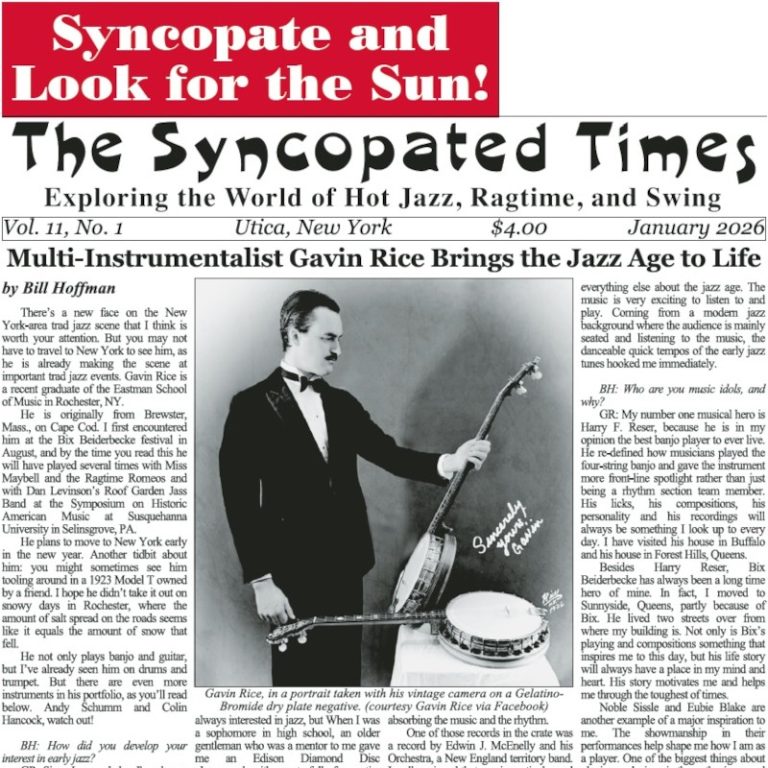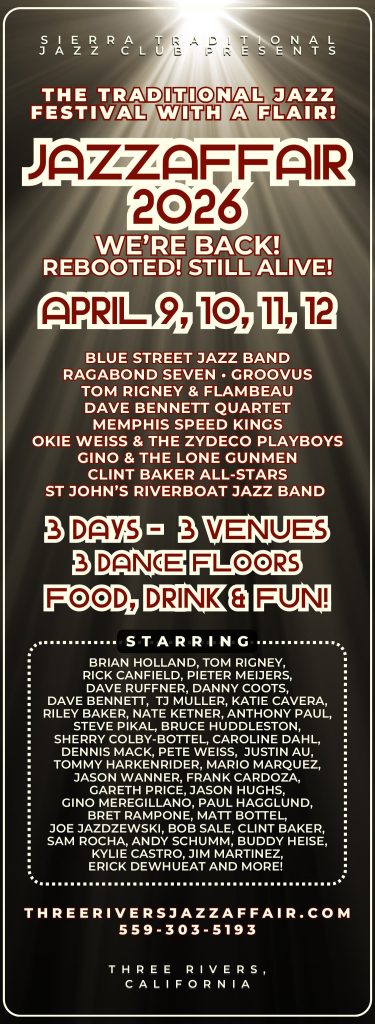As I write this, it is five days since my second eye surgery. In the plus column, this is the first time in nearly fifty years that I have been able to navigate without glasses. Even as a kid I faked my way through school, unable to see the chalkboard—which worked until I hit the brick wall of algebra. I couldn’t see the leaves on the trees or anything else at a distance.
Until now, I scarcely realized what a limiting thing it was to be stuck behind lenses. When I finally started wearing glasses regularly they were my windows on the world—but a window is also a barrier and an additional layer of distortion between one and reality. The lenses don’t even have to be rose-colored to affect what one perceives. Looking at the world through spectacles is not unlike viewing everything on television or through a computer monitor or via smartphone screen.
It’s called a “screen” for a reason. It is designed to obscure as well as reveal. Glasses are portable screens, simultaneously freeing and confining. I have been peering through shop windows my whole adult life, close to objects of desire but at a remove from them. In some ways I’ve always felt like a viewer rather than a participant. I got to watch everyone else have fun—but I also felt that my glasses were safety goggles that kept me at a remove from the danger of possibly enjoying myself.
I always thought “the naked e
You've read three articles this month! That makes you one of a rare breed, the true jazz fan!
The Syncopated Times is a monthly publication covering traditional jazz, ragtime and swing. We have the best historic content anywhere, and are the only American publication covering artists and bands currently playing Hot Jazz, Vintage Swing, or Ragtime. Our writers are legends themselves, paid to bring you the best coverage possible. Advertising will never be enough to keep these stories coming, we need your SUBSCRIPTION. Get unlimited access for $30 a year or $50 for two.
Not ready to pay for jazz yet? Register a Free Account for two weeks of unlimited access without nags or pop ups.
Already Registered? Log In
If you shouldn't be seeing this because you already logged in try refreshing the page.




